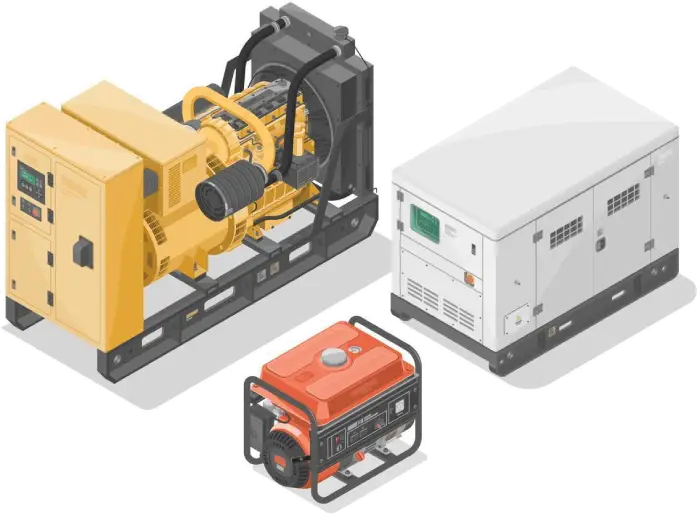Five Reasons Why Manufacturers Need a Customer-facing After-sales Portal Today

In today’s competitive business environment, Industrial OEMs are under constant pressure to deliver quality products while also providing exceptional customer service. One way to achieve this is through the use of an Aftersales customer-facing portal. A portal is an online platform that allows customers to access support and services, such as spare parts, maintenance, and technical support, after the sale of the product. Here are five reasons why Industrial OEMs should consider implementing an Aftersales customer-facing portal:
- Enhances Customer Satisfaction. An Aftersales customer-facing portal enables customers to access relevant information of the assets they purchased and support anytime, anywhere, making the customer experience more efficient and satisfying. Owners/Operators can access their documents/manuals, get proactive part reminders, identify the parts/BOM associated with the assets, order the parts, access repair guides, and get proactive maintenance reminders (instead of 200-page static PDF). The portal provides transparency and visibility with a one-stop-shop for all their post-sale needs, reducing the need for them to contact customer service representatives, which saves them time and effort.
- Increases Recurring Revenue. Industrial OEMs can leverage their Aftersales customer-facing portal to offer a range of additional products and services, including spare parts, upgrades, and accessories, that are relevant to their customers’ needs. They can provide part subscriptions, enhanced service level plans, new business models such as as-a-service. This can only happen after they really, know and understand their existing Installed base. By making these products and services easily accessible through the portal, OEMs can increase recurring revenue streams and generate additional sales opportunities.
- Improves Service Efficiency. By using an Aftersales customer-facing portal, OEMs can automate many of their customer service processes, such as order tracking, service requests, and parts ordering. This automation not only reduces the workload of customer service representatives but also speeds up response times and improves the overall efficiency of the aftersales service. In one customer’s example, Industrility noticed one manufacturer had a series of back and forths for one purchase order (12+ revised versions, at least 30+ emails of various versions of parts list) just to identify the right part # and up-to-date pricing. Now, with Industrility’s apps, it’s done with 3 clicks in 30 seconds.
- Enhances Communication. Aftersales customer-facing portals provide a convenient platform for OEMs to communicate with their customers. OEMs can use the portal to send out announcements, service alerts, and product updates, safety standards, customer-specific standard operating procedures, keeping customers informed and up-to-date. It opens up a new continuous channel of communication, around the exact assets they purchased. The portal can also be used to gather feedback from customers, helping OEMs to improve their products and services continuously.
- Builds Customer Loyalty. An Aftersales customer-facing portal is a powerful tool for building customer loyalty. By providing an excellent aftersales service and making it easy for customers to access support and services, OEMs can establish a strong relationship with their customers. This relationship creates a sense of trust and loyalty, which can lead to repeat business and positive referrals.
In conclusion, using Industrility’s connected after-sales platform, manufacturers can benefit significantly in today’s recession-like market and unlock the potential of its existing Installed base by staying “connected” throughout lifetime of the equipment. By enhancing customer satisfaction, increasing parts revenue, improving service efficiency, enhancing communication, and building customer loyalty, OEMs can differentiate themselves from the competition and establish a competitive advantage in their industry.
What are your thoughts?
